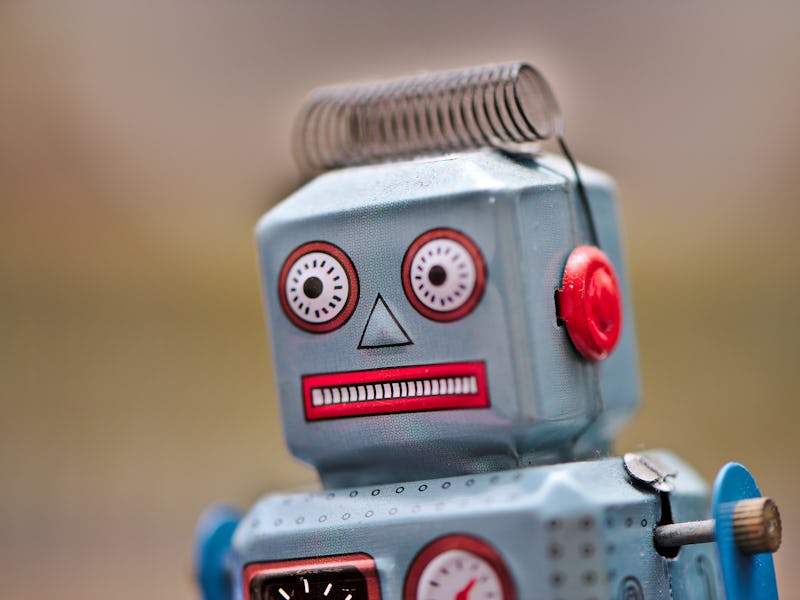This New A.I. Is Coming for Your Job (Eventually)
In some ways, it's as smart as a high schooler.

An A.I. developed by the Allen Institute for Artificial Intelligence is officially as smart as most high schoolers, at least when it comes to answering multiple-choice questions. Named Aristo, it was designed to pass multiple-choice tests, and when put to the task of attempting such an exam meant for eighth-graders and 12th graders, it passed with 90 and 80 percent scores, respectively.
As The New York Times noted in a story this week, more than 700 computer scientists failed to develop A.I. that was capable of this achievement just four years ago for the “Allen A.I. Science Challenge,” even though an $80,000 prize was on the line.
Aristo — “an intelligent system that reads, learns, and reasons about science,” as the Allen Institute describes it — was developed to have logic and decision-making abilities that could match at least a high schooler. It can not only understand language but act like a human to make the correct decision.
The questions this A.I. faced were not simply based on if the A.I. knew certain facts, but tailored to if the A.I. could apply reason when answering questions.
Questions from the eighth-grade test included these two, among others:
A) Which cell structure do nutrients pass through to enter a cell?
B) Which equipment will best separate a mixture of iron filings and black pepper?
(The correct answers are at the bottom of this article.)
Each question included four possible answers. While it is impressive that the A.I. was able to answer most of these kinds of questions correctly, that doesn’t mean it has the same reasoning abilities a human that age has, but it’s a step in the right direction. This piece of A.I. was developed by analyzing standard exams used by high schoolers in the state of New York, and exams are all it can do.
Once this kind of technology is more developed, the implications are huge. Search engines and medical record-keeping could utilize this sort of A.I., as the Times reports, but that’s just the beginning.
As things stand, many jobs that are seen as safe from automation require the sort of human abilities that this kind of A.I. is beginning to develop. A robot can sort things or build something based on a design, but we’re not currently at a place where a robot can solve complex problems like a human.
Once robots can utilize this sort of artificial intelligence to achieve the same sort of results at a place of work that a human could, we will likely see more people lose their jobs.
If you go to an Amazon warehouse these days, you’ll likely see robots and humans working in tandem. The humans do the work the robots are not yet capable of doing. I think we all know what will happen when robots can accomplish those tasks.
See also: MIT Team’s Neural Network Chip Could Put A.I. into Everything.
Do not despair quite yet, though, as this sort of shift is not just around the corner. As A.I. experts told the Times, we’re still quite a few years away from seeing the sort of A.I. that could match a human’s logic in the workplace in any reliable way, and once it is developed, it’ll still take time for companies to start investing in and adopting this sort of technology. That said, advancements in A.I. could happen sooner than we think.
Aristo was developed using neural networks, which are algorithms meant to mimic the human brain that can analyze large swaths of data and locate patterns. These neural networks are becoming more complex and sophisticated every year, so it’s quite possible we will soon find this sort of artificial intelligence advancing far more quickly than we ever expected. It wouldn’t be the first time technological advancement has taken us by surprise.
Correct answers:
A) Cell Membrane
B) A Magnet